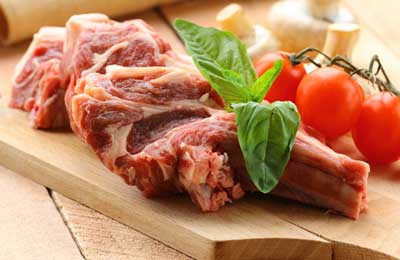
Bahrain meat sector hit by Australia ban
Manama, January 2, 2013
Bahrain is having to pay an extra BD1 million ($2.63 million) a month to maintain fresh meat supplies as a result of the ban on Australian sheep, a report said.
It has been forced to double its livestock imports just to be able to meet demand as a result of the sanction, according to the report published in our sister newspaper, the Gulf Daily News.
The country has been hit by a series of shortages since the end of August when it turned away a shipment of 21,000 live sheep that led to imports from Australia being halted.
Bahrain, which consumes around 5,800 tonnes of meat a year, has turned increasingly to Somali meat in a bid to prevent shortages.
"The price of new meat in Bahrain is actually costing the government BD1 million extra per month not to mention what they were already spending," said a well-placed source.
"It is costing the country about BD30,000 extra a day compared to importing Australian livestock."
Although the price of Somali sheep is $20 per head cheaper than those from Australia, they yield around half the quantity of meat.
This means that because fresh meat is subsidised by the government, which keeps the market price at BD1 per kilo, Australian livestock represents much better value.
Sources said despite dwindling fresh meat supplies, supermarkets were being adequately stocked, but butchers and restaurants were being given less priority in an attempt to keep the situation under control.
Bahrain allegedly breached an animal welfare clause when it denied the Australian shipment entry and made them sit on a boat for days.
It included assurances that live animals will be off-loaded on arrival, either in the normal manner or if there is a suspected problem, into a quarantine zone for further inspection and testing before a final decision is made on their future.
Bahrain Livestock Company chairman Ibrahim Zainal previously said Somali meat would gross at around 10kg and Australian about 20kg.
It means Bahrain pays $12 a kilo for Somali livestock, compared to $7 a kilo for Australian sheep.
Therefore it would cost around 71 per cent more to maintain previous fresh meat supplies using Somali livestock.
However, officials have repeatedly stated Bahrain has an adequate supply of frozen meat that is enough to meet the country's demand. – TradeArabia News Service







